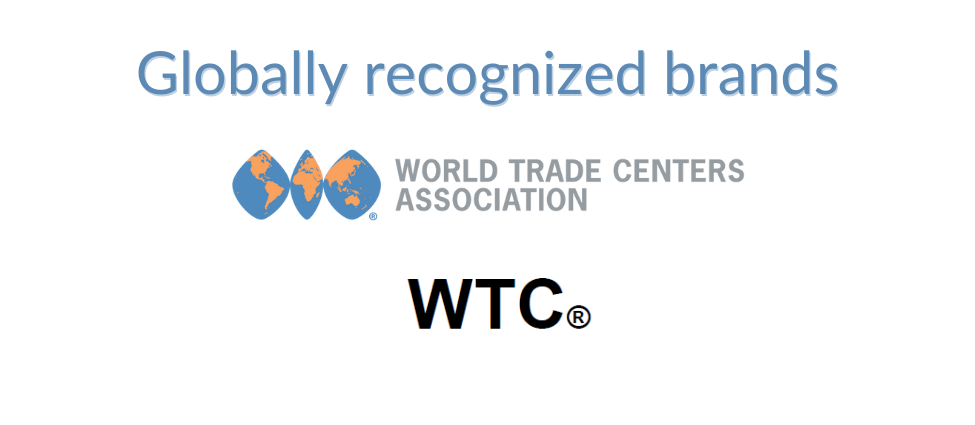
Standardization is a requirement of global economy

MOSCOW, RUSSIA - Economic globalization, continuous expansion of international trade dictate their own rules of the game. To achieve efficient interaction between different countries in industry and trade sectors, it is essential to promote international industrial standards and to set up specialized organizations to work out that challenge. For Russia, an important step on that way was the adoption of the law “On Standardization in the Russian Federation.” Experts of government and nonprofit business groups share their opinions on introduction of international industrial production standards in Russia and importance of the new law.
Says Vladimir Salamatov, General Director of the World Trade Center Moscow:
The issue of application of international standards by Russian enterprises is becoming increasingly important now that we are seeing a trend of setting up global free trade associations gaining momentum worldwide.
One of the most powerful is the Transatlantic Partnership between the EU and the U.S., with 800 mln people, 45% of global GDP and 42% of international trade concentrated within.Those associations are set up by WTO member nations. This year, the number of customs unions and free trade zones that the WTO has been notified about will be 407. Out of 272 effective agreements, 147 have detailed sections on technical regulation. Previously, matters related to technical regulation and standardization were resolved within the WTO, as compliance with international standards, directly or as a basis for development of all rules and regulations concerning trade arrangements and product requirements, is one of the key principles in that organization. All WTO member nations (163 countries, including Kazakhstan that has just joined and Belarus that is still in talks) are also members of the International Standardization Organization (ISO). Moreover, one of Russia’s first companies, TMK, does not only operate on the basis of international standards, it’s actively involved in their development (including U.S. standards).
The emerging global free trade zones, associations like the EU—U.S. Transatlantic partnership create new challenges for Russian exporters, in terms of product requirements. Now, when a new zone of that kind is discussed, alongside issues related to customs tariffs, parties consider a host of other matters related to technical regulation, and preferences to be granted to member nations in mutual trade. In that regard, Russian exporters of any products might face new barriers when entering European markets. For instance, after matters of technical regulation were resolved, Russian exporters of corn, wheat, digital computing devices have been successful competition of U.S. exporters in the EU market in the past few years. After the new partnership becomes effective, the U.S. might be granted new preferences in the EU market, which will undermine competitive terms for Russian exporters.
Full attention must be paid to integration processes. Only active cooperation in technical regulation will help Russian industry move forward.
To learn more about WTC Moscow, click on the source link below:
